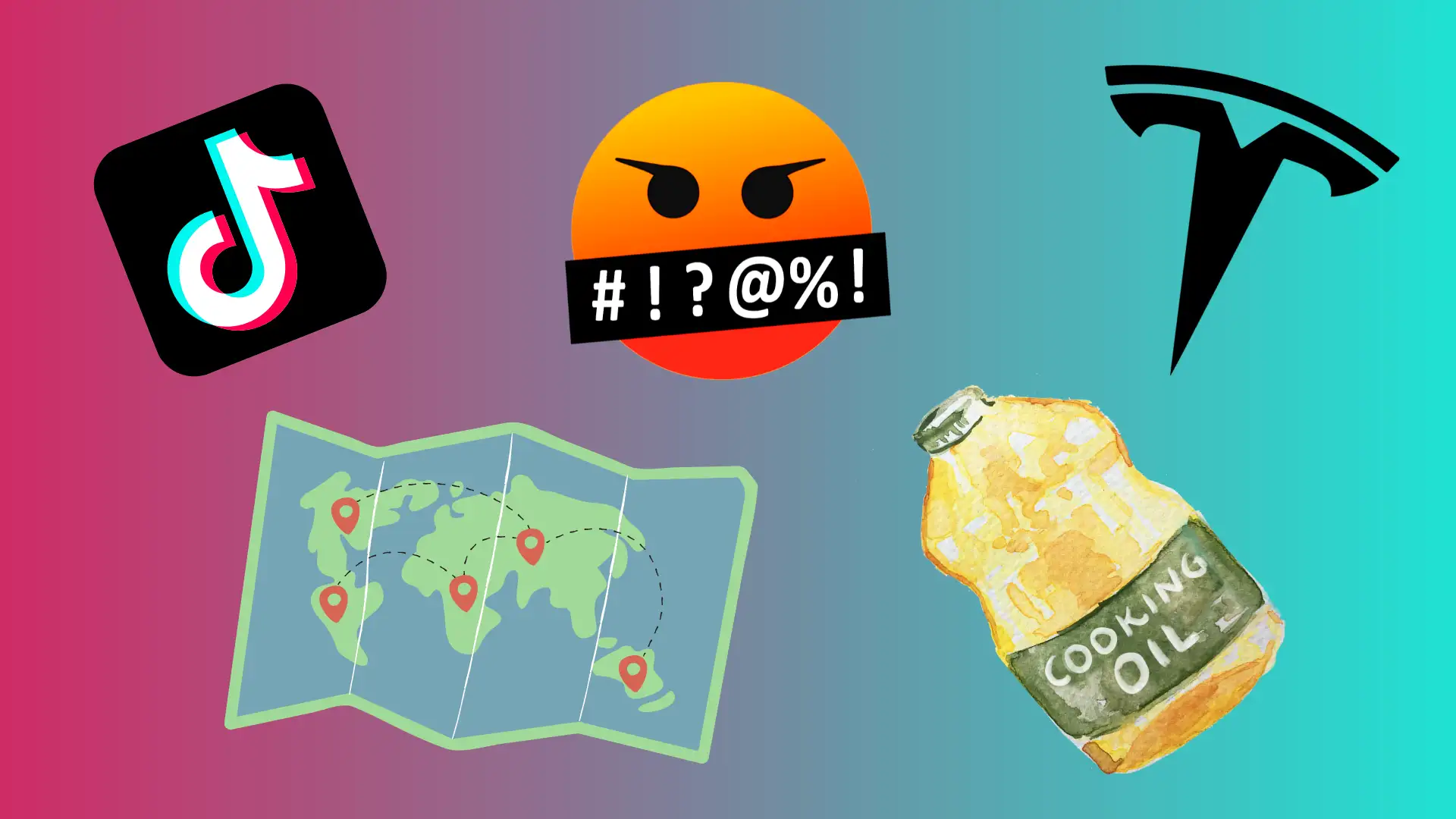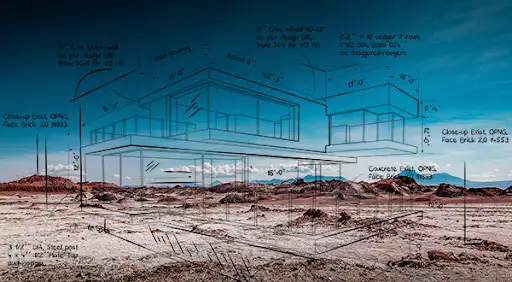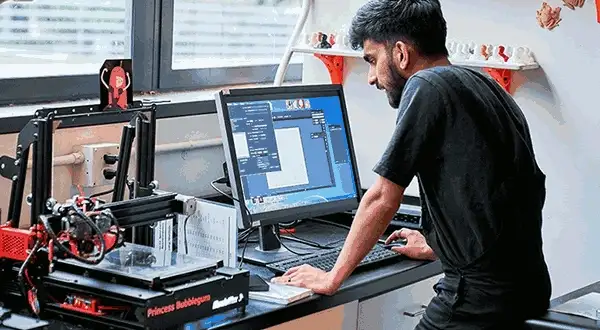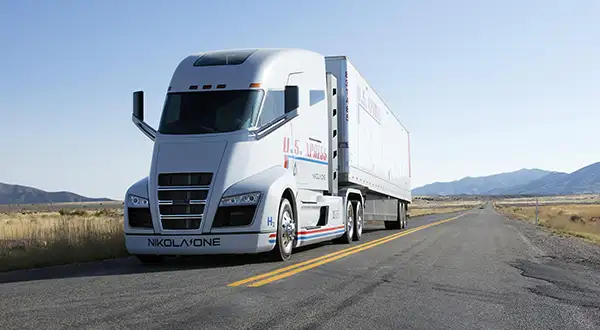You’ve probably seen ads for it, but what is 5G?
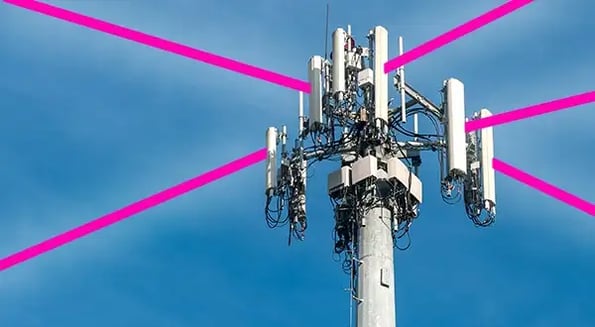
It’s the newest cellular network which promises faster download speeds and 100x traffic capacity (translation: a lot more Netflix streaming).
Winning 5G is so important for telecom firms that — in the US — a record $81B was spent just on FCC spectrum auctions (3-4x estimated spend).
To recoup that massive investment…
… telcos need more streams of revenue than simply selling data to customers.
One potential option: creating products for the metaverse, the buzzy term to describe virtual shared spaces where users are present (which may include AR or VR).
High-speed 5G networks will power the metaverse
And global telcos have rolled out programs to capture the value, per Bloomberg:
- China Mobile: The world’s largest carrier by subscribers unveiled the Mobile Cloud VR, “a platform where users can watch 360-degree content” including concerts and sports events.
- SK Telecom: A leading South Korean carrier launched Ifland, a metaverse platform “which allows users to socialize in different virtual environments via avatars.”
- Verizon: The US carrier partnered with the NFL to “develop virtual Superbowl experiences” like watching 3D replays in 360 degrees.
In total, Bloomberg says 5G spend could reach $720B between 2021-2025.
Can telcos actually win?
Nearly every tech company of note is dabbling in the metaverse:
- Facebook CEO Zucky McMeta says the social network will be known as a “metaverse company” in the future
- Microsoft owns mixed-reality glassmaker HoloLens, and CEO Satya Nadella has uttered the ghastly phrase “enterprise metaverse”
- Apple is working on AR glasses
This doesn’t even take into account other players like Unity (gaming engine), Epic Games (“Fortnite” maker), and Roblox (sandbox game).
If telcos can’t crack the metaverse, at least they will always have “data overage fees” to buffer sales.



